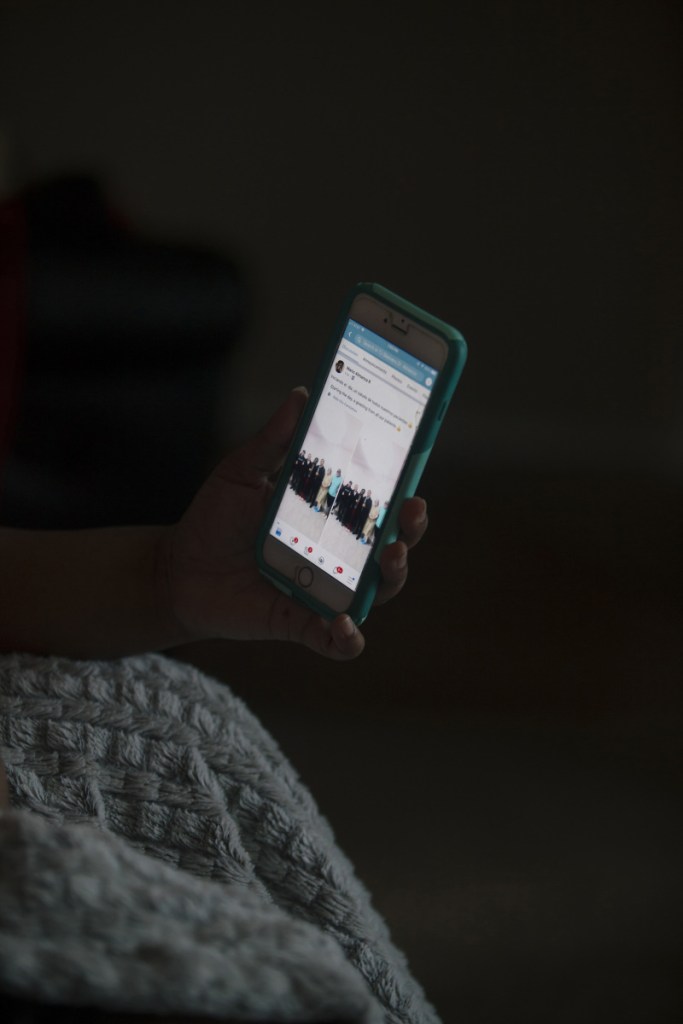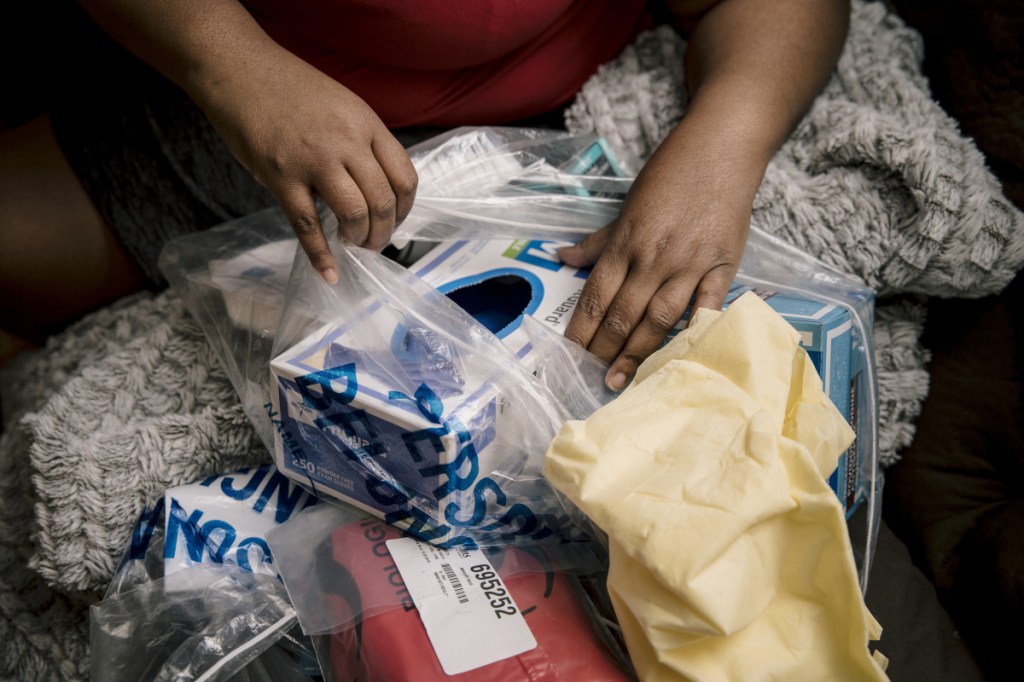Tamika Capone thought she was making a smart call by traveling to Mexico for bariatric surgery. Her doctor had urged her to have the procedure to reduce her out-of-control weight and blood pressure. But her husband’s health insurance would not cover the $17,500 bill. After a friend got the surgery in Tijuana for $4,000, Capone decided to do the same.
Nearly four months later, the Arkansas woman is one of at least a dozen U.S. residents who returned from surgeries in Tijuana with a rare and potentially deadly strain of bacteria resistant to virtually all antibiotics, say federal health officials. Some in the group recovered, but Capone, 40, remains seriously ill despite being treated with a barrage of drugs.
If the bacteria spreads to her bloodstream, doctors say it could be fatal. “I’ve not yet had a patient with zero options, but this is as close as I’ve had,” said Ryan Dare, an infectious disease doctor at the University of Arkansas for Medical Sciences in Little Rock who is treating her.
The Tijuana outbreak, which includes one death, prompted the Centers for Disease Control and Prevention to issue an unusual warning this month, urging travelers to avoid surgery at Grand View hospital linked to eight of the infections until Mexican authorities confirm its safety. Hospital officials did not return calls seeking comment. Nor did the medical tourism agency, Weight Loss Agents, which books procedures there and at other hospitals.
A woman who answered the weight loss agent’s telephone blamed reports of infections on “a competitor’s smear campaign.” She declined to give her name.
Mexican authorities said they temporarily closed the hospital’s operating unit in December, but the facility has since reopened and resumed surgeries, according to patients posting on its website.
The Tijuana cases highlight the growing number of Americans getting antibiotic-resistant infections overseas after traveling to get medical care abroad. Some who were not traveling for medical procedures but fell ill and went to foreign hospitals have also contracted such infections.
Officials say they are anxious to prevent such pathogens from gaining a foothold in the United States because they are so difficult to treat.
“We pounce when we see them (extremely antibiotic-resistant infections) because we know they can smolder and spread,” said Maroya Spalding Walters, an epidemiologist leading the CDC team investigating the outbreak. “And no one may recognize it until this becomes an out-of-control wildfire.”
According to Patients Beyond Borders, a medical tourism guidebook, 1.7 million Americans traveled to other countries in 2017 for medical care, and that number is expected to increase. Many like Capone travel to save money. Mexico is among the top 10 destinations. Weight-loss surgery, in vitro fertility procedures and cosmetic surgery are among the most sought treatments generally, according to the Medical Tourism Association, a U.S.-based organization whose members include hospitals, clinicians and insurance companies.
There is little data about infectious diseases related to medical tourism.
But the CDC has documented several outbreaks, including severe skin infections among dozens of patients who had cosmetic surgery in the Dominican Republic in 2013 and 2017. Several of the infections were drug-resistant. In 2014, five New York residents contracted Q fever, a flulike illness caused by a bacteria found in goats, sheep and cows, after getting injections of fetal sheep cells in Germany.
The World Health Organization considers the superbug that infects Capone – carbapenem-resistant Pseudomonas aeruginosa – one of its three highest priorities for new antibiotics.
The organism packs “a double whammy,” Walters said, because it has a genetic mutation that allows it to transmit its antibiotic-destroying gene to other bacteria to make them resistant as well.
Send questions/comments to the editors.





Success. Please wait for the page to reload. If the page does not reload within 5 seconds, please refresh the page.
Enter your email and password to access comments.
Hi, to comment on stories you must . This profile is in addition to your subscription and website login.
Already have a commenting profile? .
Invalid username/password.
Please check your email to confirm and complete your registration.
Only subscribers are eligible to post comments. Please subscribe or login first for digital access. Here’s why.
Use the form below to reset your password. When you've submitted your account email, we will send an email with a reset code.